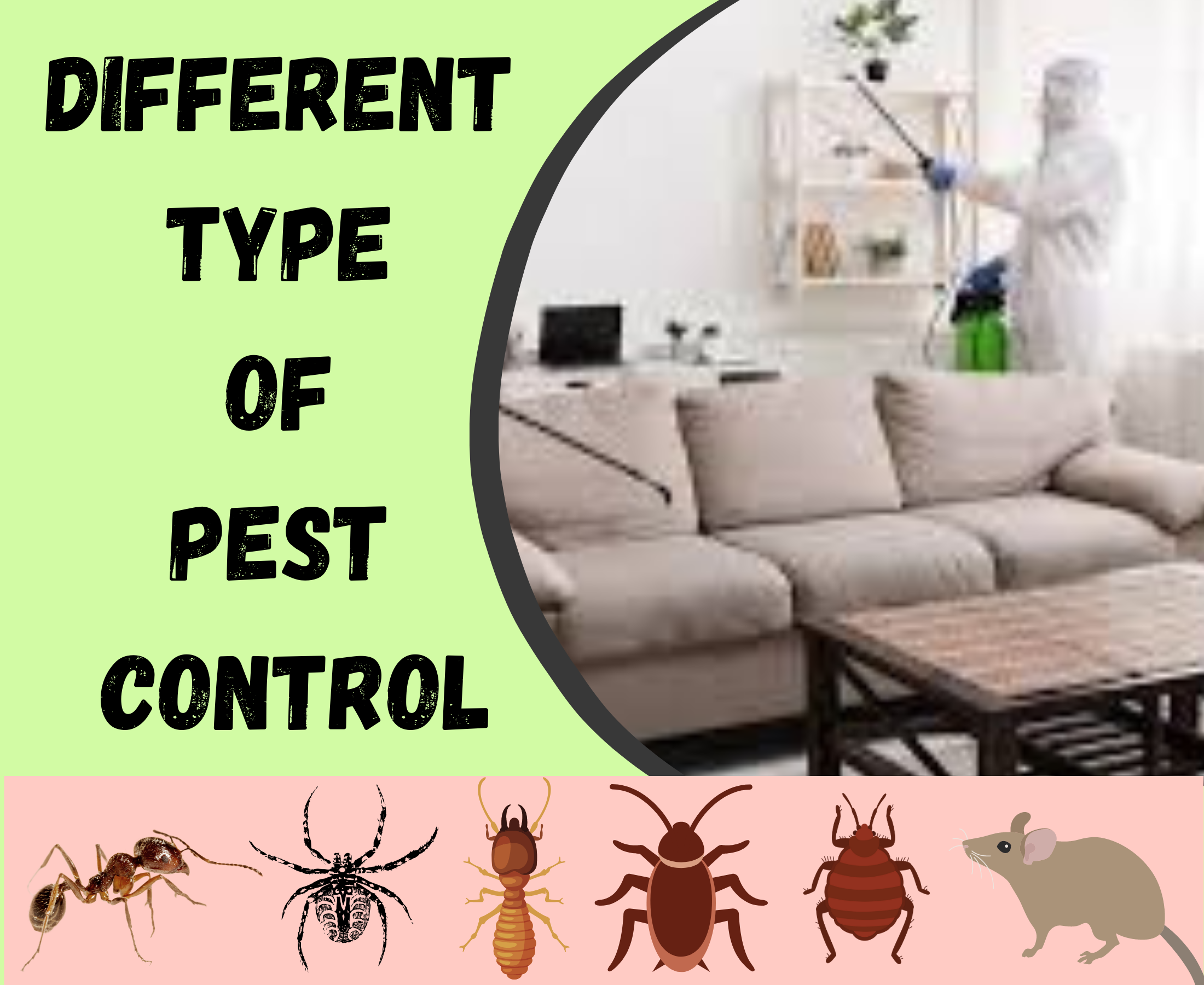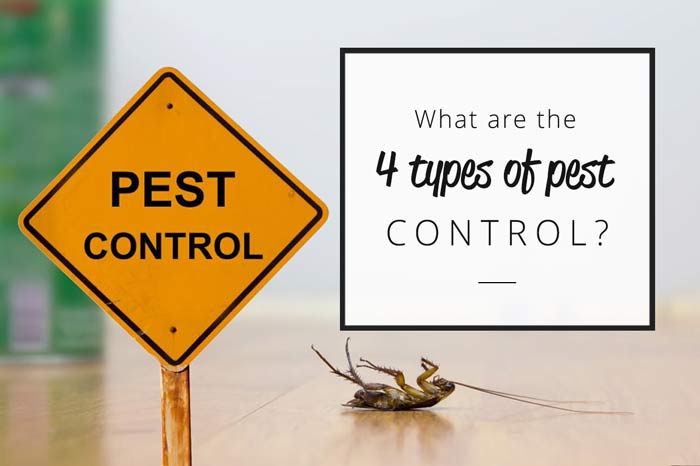Not known Facts About Pest Control
Table of ContentsThe Pest Control PDFsLittle Known Facts About Pest Control.Some Ideas on Pest Control You Should KnowSome Known Facts About Pest Control.The Basic Principles Of Pest Control
Limitations of Chemical Administration Be able to analyze parasite troubles, determine if management is essential, and make appropriate recommendations making use of IPM strategies. Be acquainted with various techniques of pest monitoring - their benefits and limitations. Understand the worth of helpful bugs. It is not possibleor also desirableto rid gardens of all pests.This chapter talks about (IPM), a technique that uses knowledge regarding parasites and their, methods, nonchemical methods, and pesticides to take care of pest issues. Extra info concerning IPM for particular plants is included in phases that focus on those plants. Nonchemical insect control actions are stressed in chapter 17, "Organic Gardening." Handling birds and creatures is covered in chapter 20, "Wildlife." Taking care of in the yard and yard is covered in phase 6, "Weeds." Parasites in a yard or landscape may consist of insects and termites, weeds,, mammals, and birds.
Many individuals hurry to pull, hoe, or spray every weed they see. Pests and weeds, nevertheless, contribute in the. After planting a yard or establishing a lawn, the all-natural process of plant sequence begins to restore and nonnative plants. A weed growing in a lawn represents the initial stage in a series of occasions that, if enabled to proceed, could ultimately cause a woodland.
What we call "bugs" are component of a natural system at work. Just human beings consider certain species parasites when they happen where they are not wanted.
Rumored Buzz on Pest Control
Parasites at risk to a chemical were swiftly eliminated, leaving immune ones to breed and increase. It ended up being clear that pesticides alone would not fix all pest issues. Rather, overuse of chemicals caused the development of resistant bugs. Researchers began to create a brand-new strategy to pest control. This new strategy was called incorporated parasite administration (IPM).
An IPM strategy enables some degree of pests in the atmosphere. Parasites are much less likely to survive a program that utilizes many different methods of minimizing their populaces. Integrated pest monitoring was first suggested by entomologists due to the fact that insects were the very first group of bugs to prove hard to handle with chemicals alone.
A limit is the point at which action ought to be taken. IPM has prolonged past pests to management of all pest populations: weeds, illness microorganisms, and creatures.
3 Simple Techniques For Pest Control
Management instead than elimination of insects is the objective. An IPM strategy begins with a careful examination of each pest invasion.
Clover growing in go a lawn may be deemed an undesirable weed, yet as a vegetable it is synthesizing nitrogen for the dirt and the flowers are providing nectar to honey and other. Resistance for some weeds may belong to an IPM plan. might be eating the leaves of a plant, however when they are recognized as the larvae of Eastern tiger swallowtail butterflies, their damages might be endured so we can enjoy the attractive butterfly.

The second essential tool in insect monitoring is early intervention. Existing and observant in the garden ensures very early detection. Reacting to issues rapidly, before they have time to increase, needs a less significant intervention. The third crucial device is recordkeeping; tracking what happens in the garden makes it possible for a garden enthusiast to recognize patterns and make educated choices.
About Pest Control
Several risk-free, practical, nonchemical methods of plant defense and insect administration might minimize or get rid of the requirement to spray. Other methods are most helpful when utilized with chemicals. To implement monitoring methods properly and to lessen losses, gardeners should understand the kinds of insects that attack plants and recognize pest biology.

Conducting a dirt examination and applying only the recommended amount of plant food and lime makes the most of the advantage to the plant while lessening problems connected to too much use of fertilizer - Pest Control. Covering the dirt with numerous inches of compost safeguards the plant in a number of means: decreasing soil water loss to dissipation, minimizing weed competition, supplying nutrients, and developing a suitable environment for earthworms and bacteria that keep the soil loosened for origins and break down organic material to launch nutrients
If mulch touches the trunk, it can create a method for voles, germs, and fungis to strike the plant. Do not use manure or compost that has not thoroughly broken down as a leading clothing due to the fact that it can urge unfavorable pests. Study recommends that farming is harmful to dirt structure.
The Greatest Guide To Pest Control
If tilling is considered needed, take into consideration doing it in the loss when the life cycles of several parasites brings them near the surface. At the surface area, pests come to be exposed to the view website climate as well as birds and other all-natural enemies.